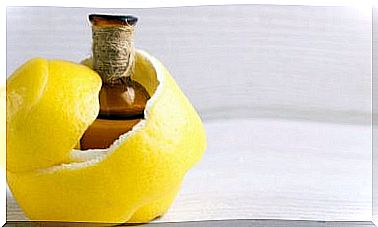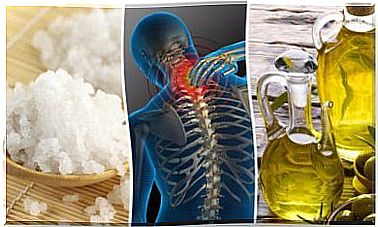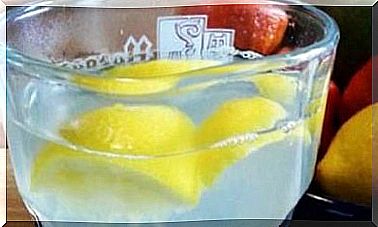Magnesium Deficiency: How To Combat This Problem?
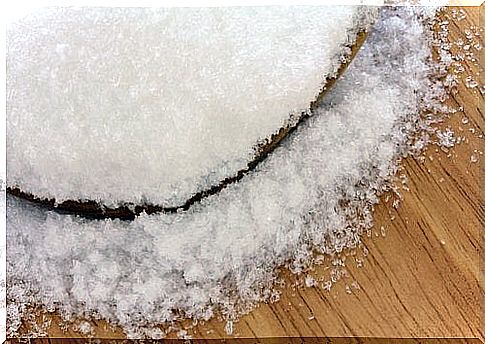
Magnesium deficiency affects many people around the world and it is worrying that many are not aware of it.
A lack of magnesium often causes a series of symptoms and health problems that are often overlooked or confused with other common disorders.
Thus, even health specialists are unaware that many diseases and health problems of their patients may be implicated by magnesium insufficiency.
What is Magnesium?
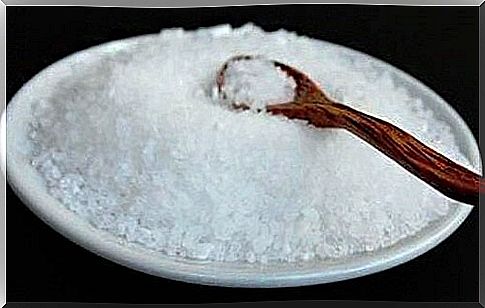
Magnesium is an essential mineral for life and, in addition, it is the fourth most abundant mineral in our body, just after potassium, which is also very important.
In addition to being a mineral, magnesium is also an electrolyte that helps prevent and combat different problems such as muscle cramps.
Electrolytes allow for good muscle function. As a result, the heart can beat and the brain can receive different signals and stimuli.
Magnesium is an essential mineral for staying alive and healthy. For this reason, when the body’s magnesium levels start to decrease, we experience a series of symptoms that can lower the quality of life and trigger different diseases.
Magnesium participates in more than three hundred body reactions, vital for the transmission of nerve impulses, temperature regulation, liver detoxification, and for the formation of bones and teeth.
In addition, it plays a very important role in the cardiovascular system, as it inhibits the formation of blood clots, relaxes the vessels, thins the blood and, in general, reduces the risk of developing heart problems.
Currently on the market we find “sports drinks” that claim to have important amounts of electrolytes, such as magnesium, potassium and sodium, since they are eliminated through sweat when we exercise, and their deficiency can cause muscle cramps and other problems.
However, these drinks are often loaded with sugar and lack the nutrients for the body as they promise on their labels.
Signs of magnesium deficiency

Most people have some sign of magnesium deficiency and are therefore deficient in this mineral to some degree. Signs of disability include :
- Constipation
- High blood pressure (hypertension)
- Anxiety
- Depression
- behavior disorders
- memory deterioration
- sleep disorders
- muscle cramps
- chronic back pain
- Headaches
- migraines
- Muscle aches
- Aggressiveness
- unconsciousness episodes
- Voltage
- Anxiety Disorders Like OCD
- chronic fatigue syndrome
- adrenal fatigue
- Fibromyalgia
- Heart disease
- Atrial fibrillation
- heart palpitations
- Diabetes
- Sudden death in patients with congestive heart failure
- kidney stones
Why are we magnesium deficient?
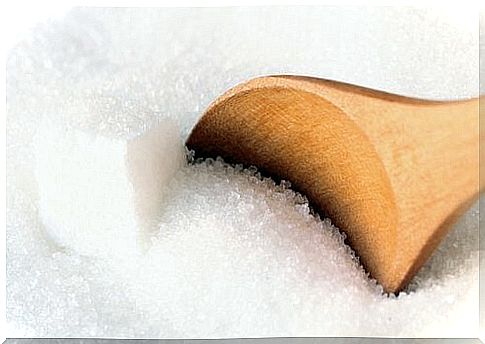
There are many reasons why the body ends up not having the necessary amount of magnesium.
The first one is the bad diet that many of us have nowadays, due to the products sold in supermarkets. Another clear reason is the stress we are subjected to as a result of multiple daily tasks, contamination, noise or technology, among others.
Hormones that cause stress require high levels of magnesium. As a result, this state significantly reduces this mineral from the body. Its reduction is also due to the high consumption of sugar, since our body needs 54 molecules of magnesium to process each sugar molecule.
It is also due to the consumption of medications and oral drugs such as oral contraceptives, antibiotics, cortisone or prednisone, among others.
What to do to get magnesium?
There are several natural alternatives to increase magnesium levels in our bodies. Some of them are:
- Increase consumption of foods rich in magnesium .
- Take ionic magnesium drops.
- Apply magnesium oil to the skin (one of the best ways).
- Take Epsom salt baths. This healthy bath will provide you with amounts of magnesium and sulfur, ideal for the liver.
